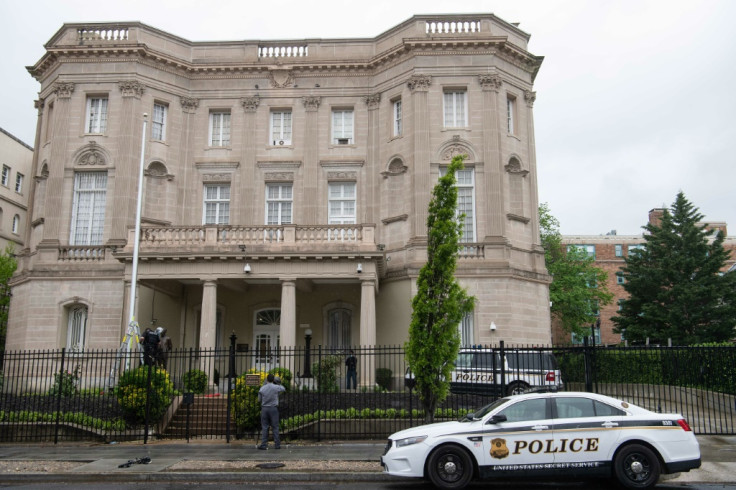
The recent launching of Molotov cocktails against the Cuban embassy in the United States was described by US National Security Advisor, Jake Sullivan as an unacceptable attack.
"The United States strongly condemns Sunday's reported attack on the Cuban embassy in Washington, DC. Attacks against diplomatic facilities are unacceptable. We are in contact with Cuban embassy officials and law enforcement authorities to ensure an appropriate and timely investigation as well as to offer our support for future protective efforts".
In turn, the US State Department spokesperson, Matthew Miller, in his daily press briefing in his headquarters of the Foggy Bottom, reiterated what Sullivan had said in response to a question from an accredited media outlet.
"Attacks and threats against diplomatic facilities are unacceptable. We are in contact with Cuban embassy officials, and consistent with our obligations under the Vienna Conventions, the department is committed to the safety and security of diplomatic facilities and the diplomats who work in them", said Miller.
"The – our State Department's Diplomatic Security Service works closely with law enforcement agencies to protect and maintain the security and safety of foreign missions in the United States, and we are doing that now with respect to this attack in coordination with the Washington, D.C. Metropolitan Police Department", added the diplomat.
The attack came just hours after the Cuban leader Miguel Díaz-Canel visited the United States for the United Nations General Assembly, which was held last week in New York City.
For its part, the Cuban government, through Foreign Minister Bruno Rodríguez, described the attack as "terrorist," which could be interpreted as an attempt to attribute some political motivation to the perpetrator.
Something similar had happened with another attack that was perpetrated by a mentally disturbed subject who shot at the diplomatic headquarters with a Russian-made AK 47 high-powered rifle, whom Rodríguez accused of promoting extremism and aggression against Cuba in the city of Doral in South Florida.
Although the minister did not provide evidence for the accusation, he insisted on the terrorist nature of the act and that the author of the attack, which occurred in April 2020, Alexander Alazo, born in Cuba, was part of a group of people attending a church.
"The anti-Cuban groups resort to terrorism when feeling they enjoy impunity, something that Cuba has repeatedly warned the US authorities about," said Rodríguez.
Díaz-Canel, in the same sense, also insisted that he expects action from the U.S. government.
For his part, Cuba's ambassador in the U.S., Lianys Torres, uploaded some information on social media showing what appeared to be debris from the Molotov cocktails. The pictures did not show apparent damage to the building.
The event took place during a heated atmosphere created by the clash of different protests in front of the UN headquarters. On one side, victims of the communist dictatorship marched, shouting for freedom for political prisoners on the island and for the right to hold such demonstrations in the streets of Cuba. The protestors almost collided with another group that shouted slogans in support of the Castro regime and against the economic embargo that the United States maintains against the island.
Díaz-Canel himself joined the march at times taking the microphone to shout the slogans in the streets of New York.
© 2025 Latin Times. All rights reserved. Do not reproduce without permission.





